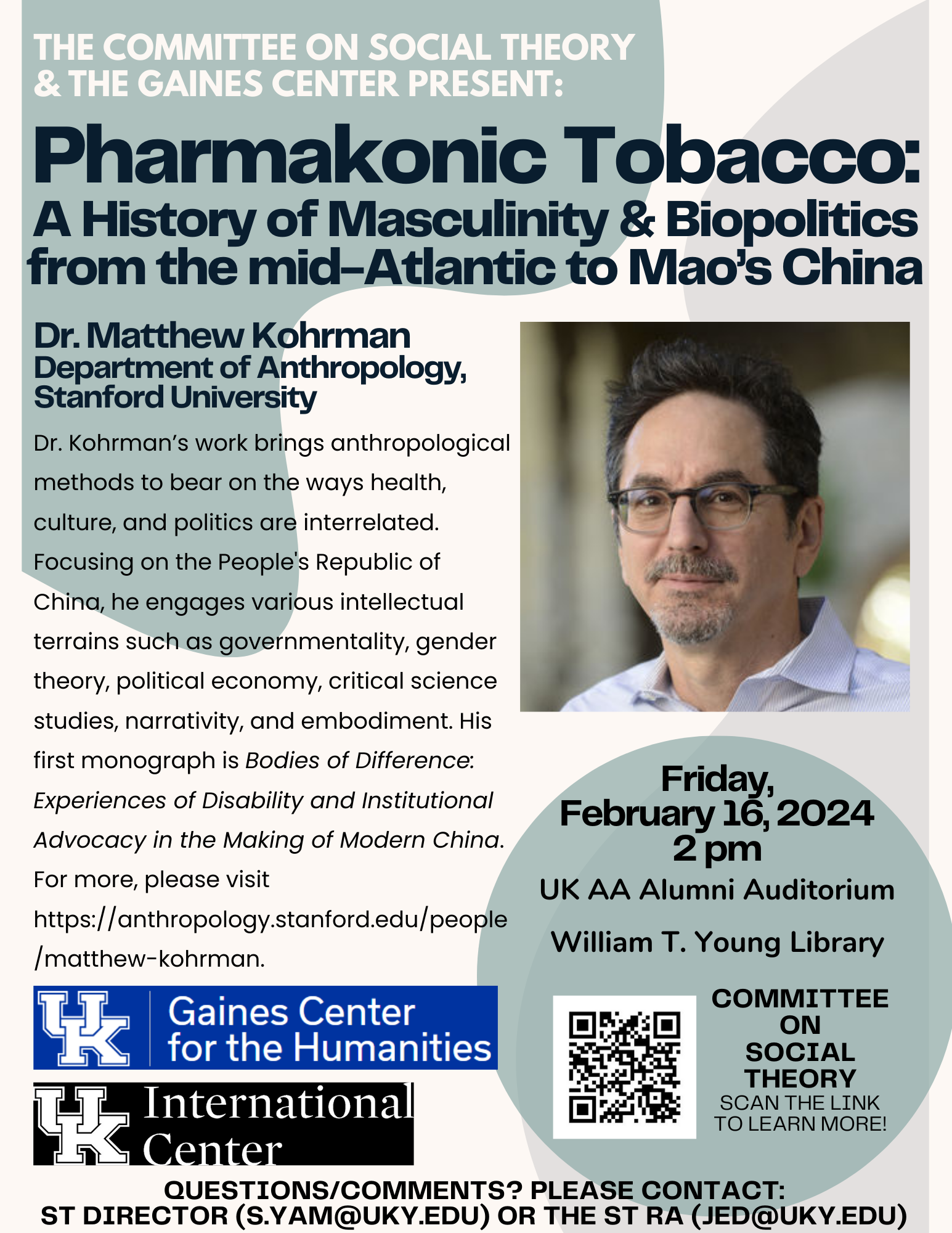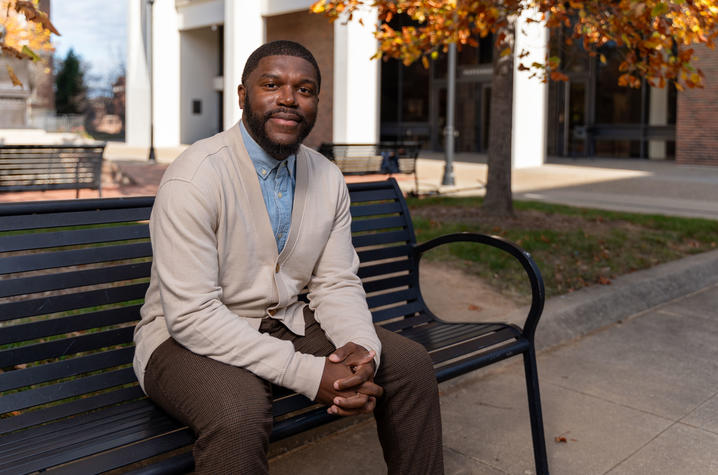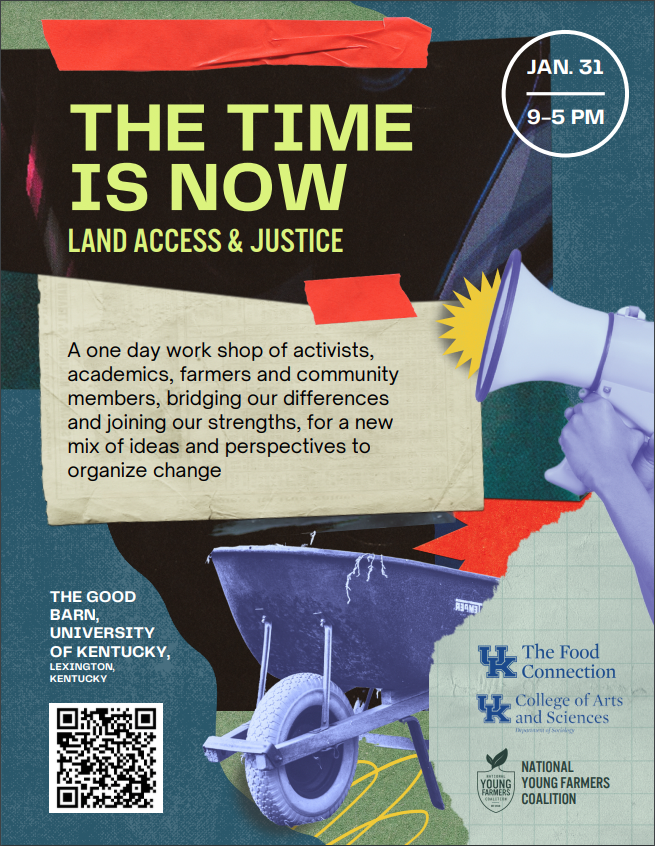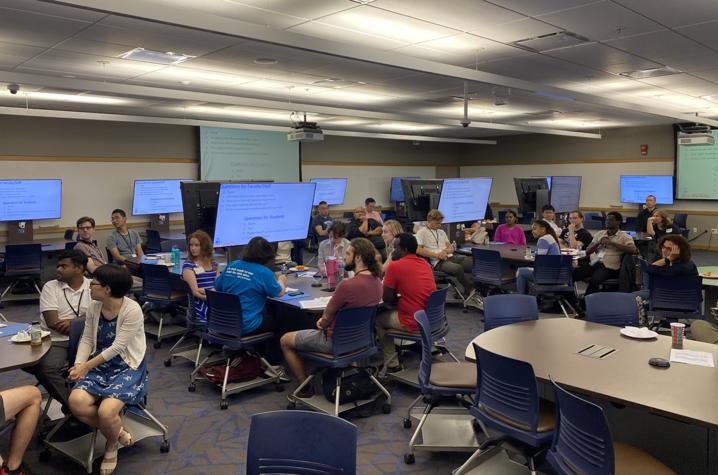"Pharmakonic Tobacco: A History of Masculinity & Biopolitics from the mid-Atlantic to Mao's China"
Please join the Committee on Social Theory for the first speaker in our Spring 2024 Speaker Series on the theme of Global Asias happening on Friday, February 16 at 2 pm ET in the UK AA Alumni Auditorium at the William T. Young Library with Dr. Matthew Kohrman!
This series will be featuring guest speakers engaging with interdisciplinary approaches across the humanities and social sciences to address the intensified contestation about Asia in light of the shifting geopolitical dynamics in the Asia-Pacific area and globally. The framing seminar which incorporates these guest speakers, ST 690/ MCL 525/ GWS 595: Global Asias, is co-taught by Dr. Liang Luo and Charlie Yi Zhang.
Lecture Abstract
Michel Foucault died in 1984 at age 57. Since his untimely demise, an array of scholars have developed his notions regarding the cross pollination of sovereignty and biopower, with a new wave of publications triggered by Covid-19 (Murray 2022, Rouse 2021). Amidst this vibrant theory building, large blind spots have remained, including two perennials of human experience: patriarchy and easily cultivated psychoactive drugs. In this talk, I chronicle that a specific psychoactive botanical, native to the Americas, has had an oversized role in sovereignty’s shapeshifting amidst biopower. I trace how, from the Columbian Exchange onset, tobacco came to be regularly coded a prerogative of male dominance, placing it ‘in the room’ at the birth of sovereignty-biopower synergies. And I track how such synergies, from North America to China, have regularly piggybacked on a distinctive doubling inherent to tobacco, it being something which people have long characterized as life ending and life enhancing, even medicinal. I dub this pharmakonism: processes wherein regimes, notably patriarchal, accrue power by reconciling and leveraging a commonplace thing's shifting attributes, good and bad, tonic and toxin. I develop this concept vis-a-vis tobacco with the hope it'll aid more than abstract biopolitical musing. May it also help clarify why – despite much condemnation over the last century, despite ouster from many quarters of polite society – tobacco is smoked by more people today worldwide than ever before, it remains the number cause of preventable human death, and why, if you wish, you can lawfully purchase cigarettes in nearly every country you visit.




